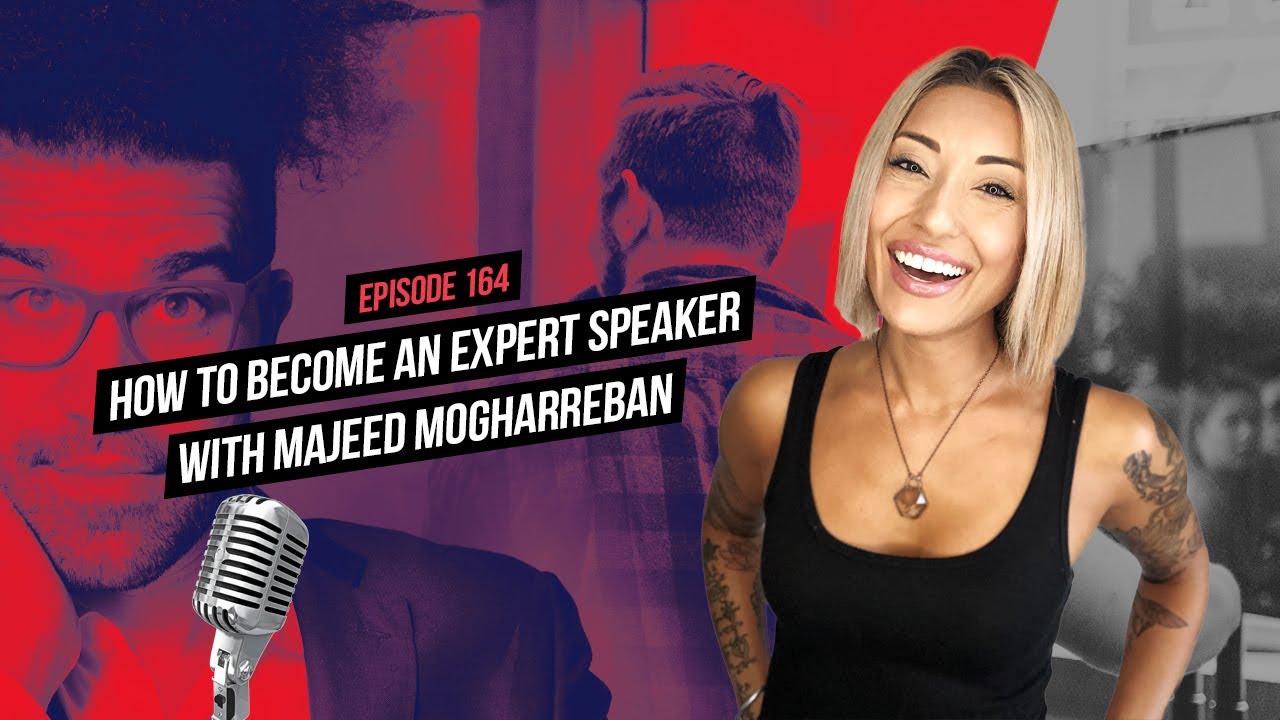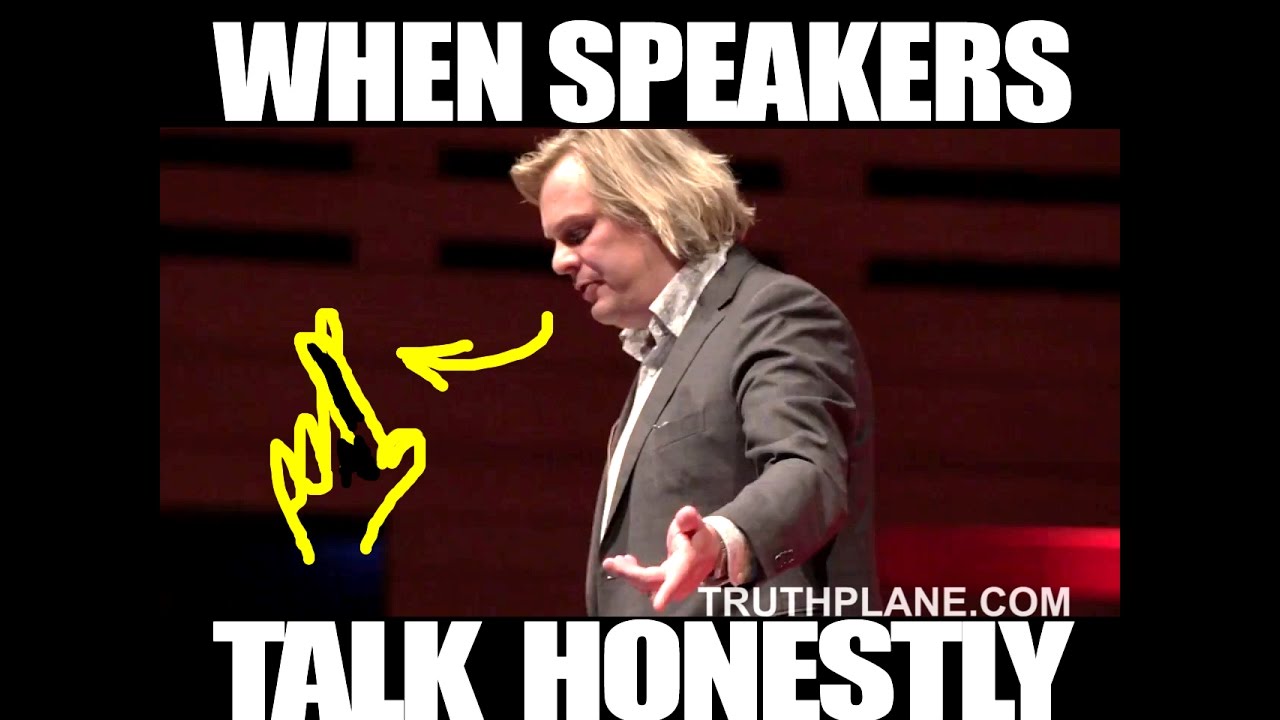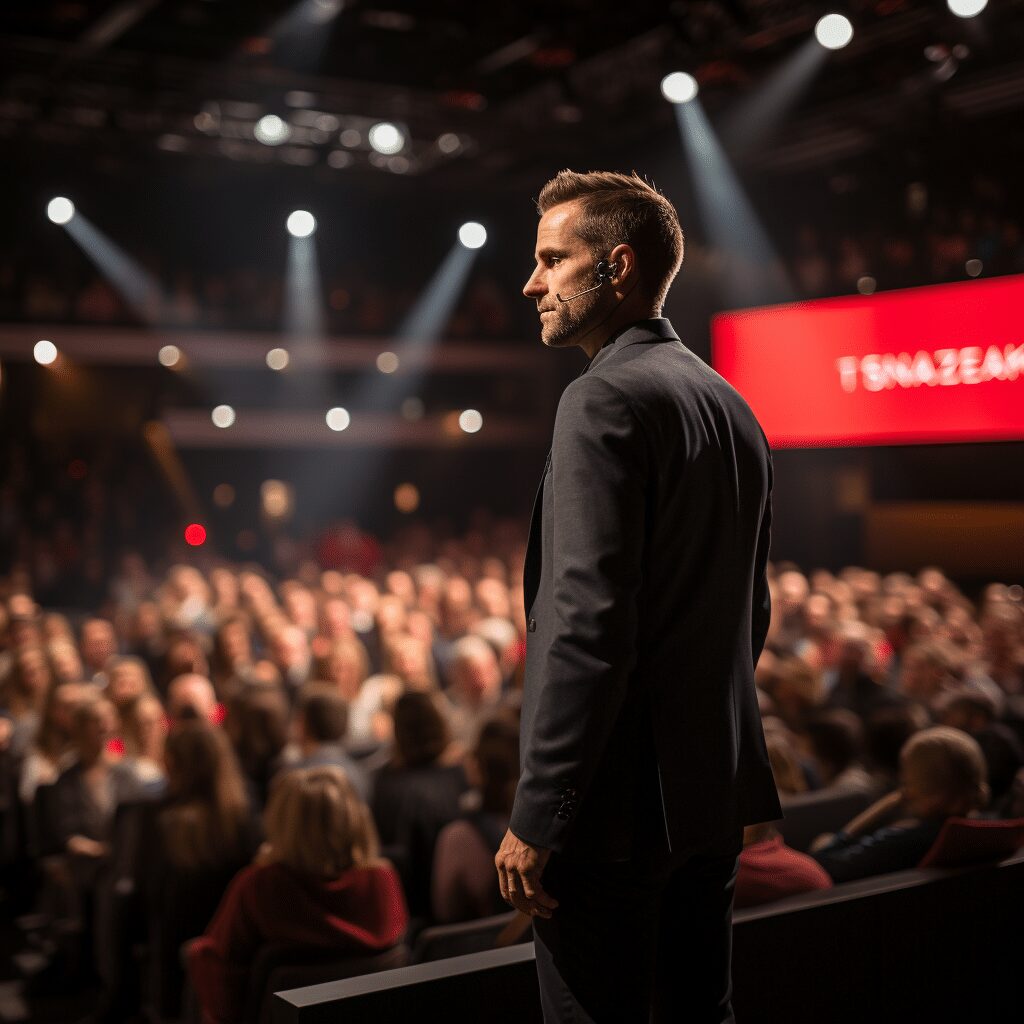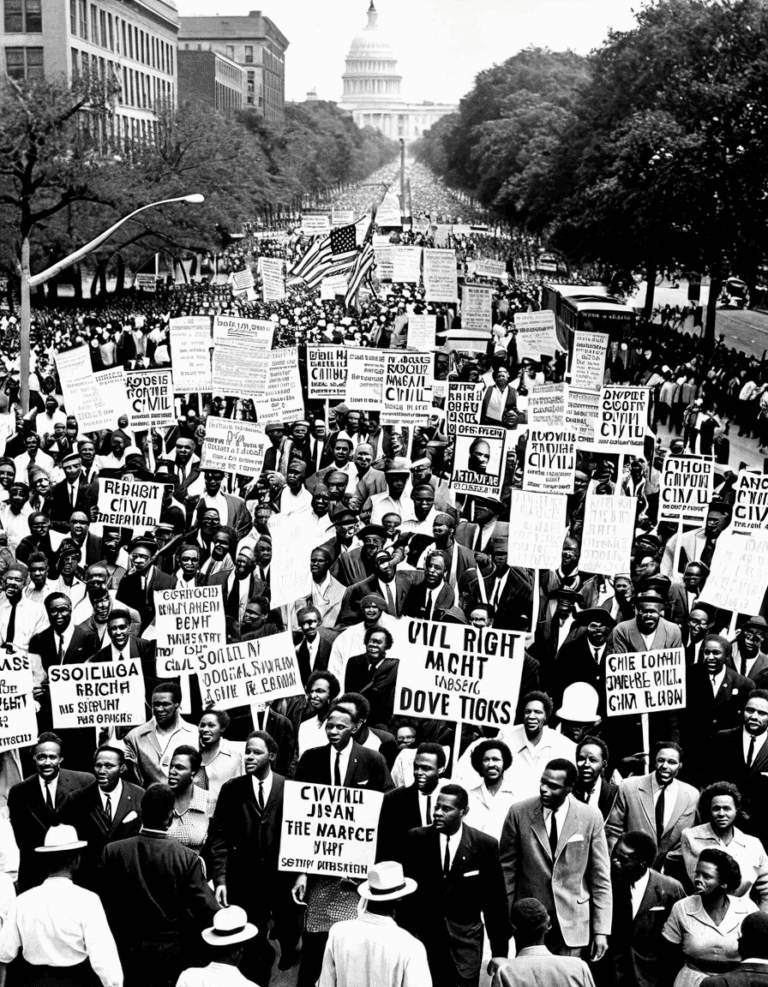Public speaking is both an art and a science, demanding a blend of technique, preparation, and intrinsic talent. As we move further into 2024, the landscape of public speaking continuously evolves. Whether you’re a seasoned professional or an aspiring speaker, adopting expert speaker guidance can set you apart. Here, we delve into the essential guidance and practice tips that will transform your speaking prowess.

Top 7 Expert Speaker Guidance Tips for Elevating Your Public Speaking Skills
1. Understand Your Audience: The Key to Effective Communication
One tenet of expert speaker guidance is knowing your audience thoroughly. For instance, when Greta Thunberg speaks about climate change, she tailors her message differently for policymakers compared to school children. Use demographic insights, such as age, cultural background, and professional orientation, to shape your message. Employ tools like audience surveys or social media insights to gather essential data before crafting your speech.
Knowing your audience isn’t something to gloss over. It helps you speak directly to their interests and concerns. Whether you’re addressing senior Communities or high school students, your message needs to resonate. If you speak to everyone, you speak to no one.
2. Content is King: Crafting Compelling Narratives
Take a leaf out of TED Talks’ playbook, where storytelling reigns supreme. Expert speakers weave narratives that resonate emotionally with their audience. Analyze the speeches of figures like Simon Sinek or Brené Brown, who effectively marry personal anecdotes with data and research. Aim for clarity and impact by structuring your speech around a central narrative that offers a mix of factual content and personal stories.
Crafting compelling narratives is what hooks your audience from the get-go. The way you tell your story can turn a simple talk into an unforgettable experience. If you’re curious about different storytelling techniques, consider exploring genres like loving Yamada at Lv999 Manga for fresh ideas.
3. The Power of Non-Verbal Communication
Body language can either enhance or detract from your message. Renowned speakers, such as Tony Robbins, utilize dynamic body movements and eye contact to command presence. Expert speaker guidance suggests practicing your speeches in front of a mirror or recording yourself to analyze and improve your non-verbal cues. Ensure your gestures and facial expressions align with your words to deliver a cohesive and compelling presentation.
Non-verbal communication is critical. It’s not just what you say but how you say it. Imagine Tony Robbins giving a speech with his hands tied behind his back—his impact would be severely diminished.
4. Leverage Technology for an Engaging Experience
The integration of technology in public speaking has become indispensable. Expert speakers like Sheryl Sandberg employ multimedia presentations to engage their audience effectively. Utilize tools like PowerPoint, Prezi, and interactive polls to keep your audience engaged. Additionally, virtual reality (VR) platforms can offer immersive experiences, creating a memorable impression.
With technology, your presentations can go from good to great. Leverage tools that make your content more engaging, just like Sheryl Sandberg does. Platforms like SpeechCoach and Orai offer real-time feedback, which can be incredibly useful for your professional development.
5. Practice, Practice, Practice: The Bedrock of Excellence
The speeches of Warren Buffet and Steve Jobs were not impromptu miracles but the result of rigorous practice. One crucial aspect of expert speaker guidance is dedicating ample time to rehearse. Join public speaking clubs like Toastmasters International, where you can gain constructive feedback and refine your skills in a supportive environment.
Practice is non-negotiable. Most expert speakers recommend practicing your speech about five times in its final form. Given that few speeches are longer than twenty minutes, this represents a maximum of two hours of practice time—time that is well spent.
6. Emotional Intelligence: Connecting with Your Audience
Emotional intelligence (EQ) is foundational to expert speaker guidance. Oprah Winfrey’s speeches, for instance, are lauded for their deep emotional connections. Develop your EQ by practicing empathy, active listening, and emotional regulation. Gauge the mood and sentiments of your audience and adjust your delivery in real-time to maintain a deeper connection.
Your EQ is as important as your IQ. Understanding and connecting emotionally with your audience can dramatically improve your impact. Empathy has to be genuine to build a real connection.
7. Authenticity: The Quintessential Element
Audiences today crave authenticity. Dr. Brené Brown, a leader in authenticity, emphasizes vulnerability and honesty in her talks. Authentic speakers are relatable; they build trust and credibility. Share your personal journey, including the failures and challenges, to connect deeply with your audience. Authenticity isn’t about perfection; it’s about being real.
Authenticity sets you apart from the crowd. In a world full of rehearsed facades, being genuine is refreshing. Authenticity not only builds trust but also makes you more relatable and reliable.

Innovative Strategies: Beyond Traditional Speaking Methods
As we look towards the future, expert speaker guidance suggests embracing novel strategies to stay ahead in public speaking. AI-powered analytics can provide real-time feedback on your speaking performance, helping you fine-tune your approach. Platforms like Orai offer personalized coaching through advanced algorithms.
Furthermore, consider cross-disciplinary learning. Techniques borrowed from improvisational theater can make you a more adaptive and spontaneous speaker. Courses from institutions like The Second City offer improvisation workshops tailored for speakers, enhancing your ability to think on your feet.
| Aspect | Details |
| Preparation Frequency | Practice speech approximately 5 times in its final form |
| Typical Speech Duration | Usually under 20 minutes |
| Suggested Practice Time | Maximum of 2 hours total practice |
| Key Recommendations | – Practice in front of a mirror to observe body language |
| – Record your practice sessions for self-evaluation | |
| – Seek feedback from peers or mentors | |
| – Focus on clear articulation and appropriate pacing | |
| – Understand your audience’s interests and tailor content accordingly | |
| Nervousness Management | – Deep breathing exercises before speaking |
| – Positive visualization techniques | |
| – Start with a confident opening statement to set the tone | |
| Content Organization | – Clear structure with an introduction, body, and conclusion |
| – Use storytelling techniques to engage the audience | |
| Visual Aids Usage | – Use slides or props sparingly and only to enhance key points |
| – Ensure visual aids are clear and easily readable | |
| Benefits of Proper Practice | – Increased confidence |
| – Reduced stage fright | |
| – Improved speech delivery and audience engagement | |
| Professional Development | – Continual learning and attending workshops |
| – Watching and analyzing other expert speakers | |
| Additional Resources | – Books on public speaking |
| – Online courses and webinars | |
| – Public speaking coaching services |
Crafting Your Unique Speaking Style
In the ever-adapting domain of public speaking, one size does not fit all. Your unique style will set you apart. Experiment with different approaches, whether it’s the use of humor like Ellen DeGeneres, the inspirational tone of Malala Yousafzai, or the analytical rigor of Neil deGrasse Tyson. The key is to find a style that aligns with your personality and resonates with your audience.
To further refine your unique style, consider enrolling in a speaker training program. These programs can be invaluable in helping you discover and polish your distinct voice.

Envisioning Public Speaking in 2025 and Beyond
As we transition into 2025, the future of public speaking promises even more dynamic changes. From harnessing the power of AI and VR to exploring fresh narrative techniques, becoming an expert speaker involves continually evolving with the times. Your commitment to continuous learning and adaptation will shape you into a compelling, effective speaker.
To thrive, continuous evolution and learning are critical. Expert speakers stay ahead of trends and adapt to new technologies and methodologies. Always seek opportunities for growth, whether through executive speaker coaching or professional speaker growth programs.

Ultimately, the essence of expert speaker guidance is a commitment to perfecting your craft, understanding your audience, and staying authentic. With these principles as your foundation, your journey as a speaker in 2024 and beyond will be profoundly impactful.
Expert Speaker Guidance
Stepping on Stage: Unpacking Expertise
Great speakers don’t just toss information at their audience; they captivate and co-opt meaning effortlessly. Sure, speaking might seem second nature (relevant link: co-opt meaning) to some, but seasoned professionals dedicate hours to honing this craft. Tedious? Maybe. Worth it? Absolutely. Skilled speakers harness their voice, choice of words, and even body language to create an authentic connection with the audience.
Behind the Curtain: Preparation is Key
Many folks are surprised to learn that prep time für top-tier speakers can outrun presentation time. Imagine comparing it to filing your annual Nebraska income tax – you wouldn’t want to rush it and miss crucial details (relevant link: Nebraska income tax). The same caution applies to speaking. Speakers spend significant time crafting their messages, rehearsing transitions, and perfecting their storytelling techniques. Preparation elevates a speaker from good to unforgettable, ensuring the audience remains engrossed.
Fun Facts: The Unexpected Truths of Public Speaking
A quirky tidbit? Studies show that public speaking tops the list of common fears, even outperforming the fear of death. Another fascinating find, ‘Epstein’s list,’ also known as a notorious compilation, caused a global tremor, highlighting the powerful impact of information dissemination (relevant link: Epsteins list). It’s incredible how the right articulation can spark worldwide reactions, underscoring the immense responsibility carried by public speakers. Each narrative choice can shape perceptions, guide public opinion, or even instigate action.

How to be an expert speaker?
Becoming an expert speaker involves a lot of practice, knowing your audience, being passionate about your topic, and delivering your message with confidence and clarity. It also helps to watch and learn from other great speakers and seek feedback to improve continuously.
How to land paid speaking gigs?
Landing paid speaking gigs often requires building a strong personal brand, networking within your industry, showcasing your skills through a well-crafted online presence, and reaching out to event organizers with a compelling pitch and portfolio.
How many times do expert speakers recommend practicing a speech in its final form?
Experts suggest practicing your speech in its final form about five times. Since most speeches are under twenty minutes, this means you should spend no more than two hours practicing, which is a solid investment for a polished delivery.
How do you judge a good speaker?
A good speaker is often judged by their ability to engage the audience, communicate their message clearly, exhibit confidence, handle questions effectively, and leave a lasting impression.
What are 7 ways to be a good speaker?
Being a good speaker involves knowing your audience, preparing thoroughly, practicing regularly, using visual aids effectively, telling compelling stories, managing time well, and handling feedback graciously.
How do I become an impressive speaker?
To become an impressive speaker, focus on clear communication, engaging storytelling, regular practice, understanding your audience, seeking continuous improvement, and displaying authentic passion for your topic.
How much does Oprah charge to speak?
Oprah charges around $200,000 or more for a speaking engagement, reflecting her enormous influence and popularity.
How much should I charge for a speaking gig?
Determining your fee for speaking gigs depends on factors like your experience, the event size, location, duration of your speech, and the value you offer. Start modestly and increase your fee as you gain more experience and recognition.
How to get hired as a speaker?
Getting hired as a speaker requires building a strong personal brand, networking within your industry, showcasing your expertise through blogs, videos, and social media, and reaching out to event organizers with a compelling pitch and credentials.
How long should a speaker speak at an event?
Speakers should typically aim for about 30 to 45 minutes at an event, balancing providing valuable content and maintaining the audience’s attention.
Can you over practice a speech?
While practice is essential, it’s possible to over-practice. Over-preparing can lead to sounding robotic or losing the natural flow of your speech. Aim for about five practice runs for balance.
How many hours should I practice a speech?
Two hours of total practice time is usually sufficient for most speeches. This amount allows you to run through your speech about five times, ensuring smooth delivery without over-preparing.
What makes a speaker ineffective?
A speaker becomes ineffective if they fail to engage the audience, lack clear communication, appear unprepared or disorganized, or don’t adapt to the audience’s needs and feedback.
How to tell if a speaker is good?
A good speaker usually captivates the audience with engaging content, delivers the message clearly, uses body language effectively, and interacts well with listeners, ensuring an impactful presentation.
What is the best speaker brand?
Determining the best speaker brand can be subjective, but popular choices include Bose, Sonos, and JBL, known for their superior sound quality and advanced features.
How can I be an expert in speaking?
To be an expert in speaking, continuously enhance your skills through practice, seeking feedback, learning from other great speakers, staying updated with trends, and genuinely connecting with your audience.
How do you become a highly paid speaker?
Becoming a highly paid speaker involves building a strong reputation, demonstrating unique value, consistently delivering exceptional presentations, networking with high-profile contacts, and effectively marketing yourself.
How can I train myself to be a good speaker?
Training yourself to be a good speaker includes regular practice, studying effective speakers, seeking feedback, engaging in public speaking opportunities, and staying informed about your topic and audience.
How can I be an intelligent speaker?
Being an intelligent speaker means knowing your subject deeply, being able to think on your feet, adapting to your audience, communicating ideas clearly, and continuing to learn and grow in your field.

















